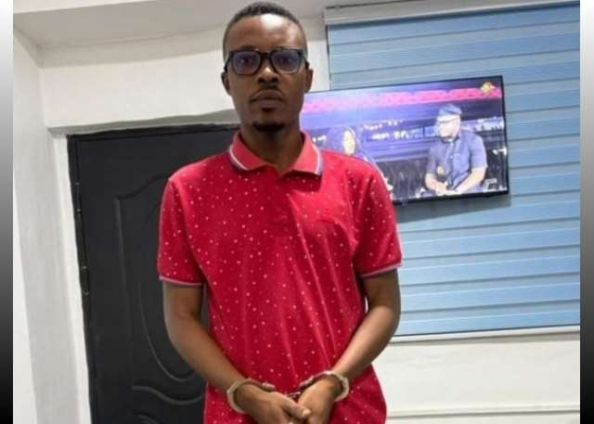The political landscape in Ghana has witnessed a growing tension between the ruling National Democratic Congress (NDC) and the opposition New Patriotic Party (NPP), culminating in accusations of intimidation and politically motivated arrests. At the forefront of this conflict is NPP activist Daniel Adomako, also known as Sir Obama Pokuase, who has become a vocal critic of the NDC government and a symbol of the alleged suppression of dissenting voices. Adomako’s arrest in August 2024 on charges related to the illegal possession and public display of weapons sparked outrage among NPP supporters, who claim the charges were fabricated to silence him. Adomako’s subsequent participation in the NPP’s “We Fear No Intimidation” protest further highlighted the escalating political tensions and the deep divisions between the two parties.
Adomako’s case has become a rallying point for the NPP, which alleges a pattern of harassment and intimidation by the NDC government against its members. The NPP points to Adomako’s arrest, based on a circulated video allegedly showing individuals brandishing firearms, as evidence of the government’s attempts to suppress dissent. Adomako vehemently denies any connection to the video and maintains his innocence, claiming that he was targeted solely for his outspoken criticism of the government. His account of being detained for five days, even after being granted bail, further fuels the NPP’s allegations of abuse of power by the security agencies.
The “We Fear No Intimidation” protest, staged in Accra on September 23, 2024, served as a platform for the NPP to voice its concerns about the perceived political persecution of its members. The protest echoed the NPP’s demands for fairness and professionalism from the Ghana Police Service and condemned what they described as a systematic effort by the John Mahama-led government to silence opposition voices. Adomako’s presence at the protest, and his impassioned recounting of his ordeal, underscored the NPP’s message of defiance and its commitment to challenging what it sees as an attack on democratic principles.
The NPP’s accusations underscore the broader concerns about the state of freedom of expression and political participation in Ghana. The party argues that the government’s actions create a chilling effect, discouraging citizens from exercising their right to criticize those in power. The NPP frames Adomako’s case as a stark illustration of the risks faced by those who dare to challenge the government’s narrative, highlighting the potential erosion of democratic values and the shrinking space for political dissent. The party’s calls for impartiality from the police and the judiciary are central to its demands for a level playing field in the political arena.
The NDC government, however, maintains that its actions are based on legitimate security concerns and are not politically motivated. It argues that the circulation of videos displaying weapons poses a threat to public safety and necessitates a robust response from law enforcement. The government rejects the NPP’s accusations of intimidation and insists that it respects the right to freedom of expression, provided it is exercised within the bounds of the law. The government’s perspective emphasizes the need to maintain law and order and to prevent the escalation of violence, particularly in the context of potentially volatile political rivalries.
The clash between the NPP and the NDC highlights the delicate balance between maintaining security and safeguarding fundamental freedoms. The accusations of politically motivated arrests and intimidation raise important questions about the role of law enforcement and the judiciary in a democratic society. The ongoing tension underscores the need for transparency and accountability in the actions of state institutions to ensure public trust and uphold the principles of due process. The future of political discourse in Ghana hinges on the ability of all stakeholders to engage in constructive dialogue and to respect the fundamental rights of all citizens, regardless of their political affiliations.














